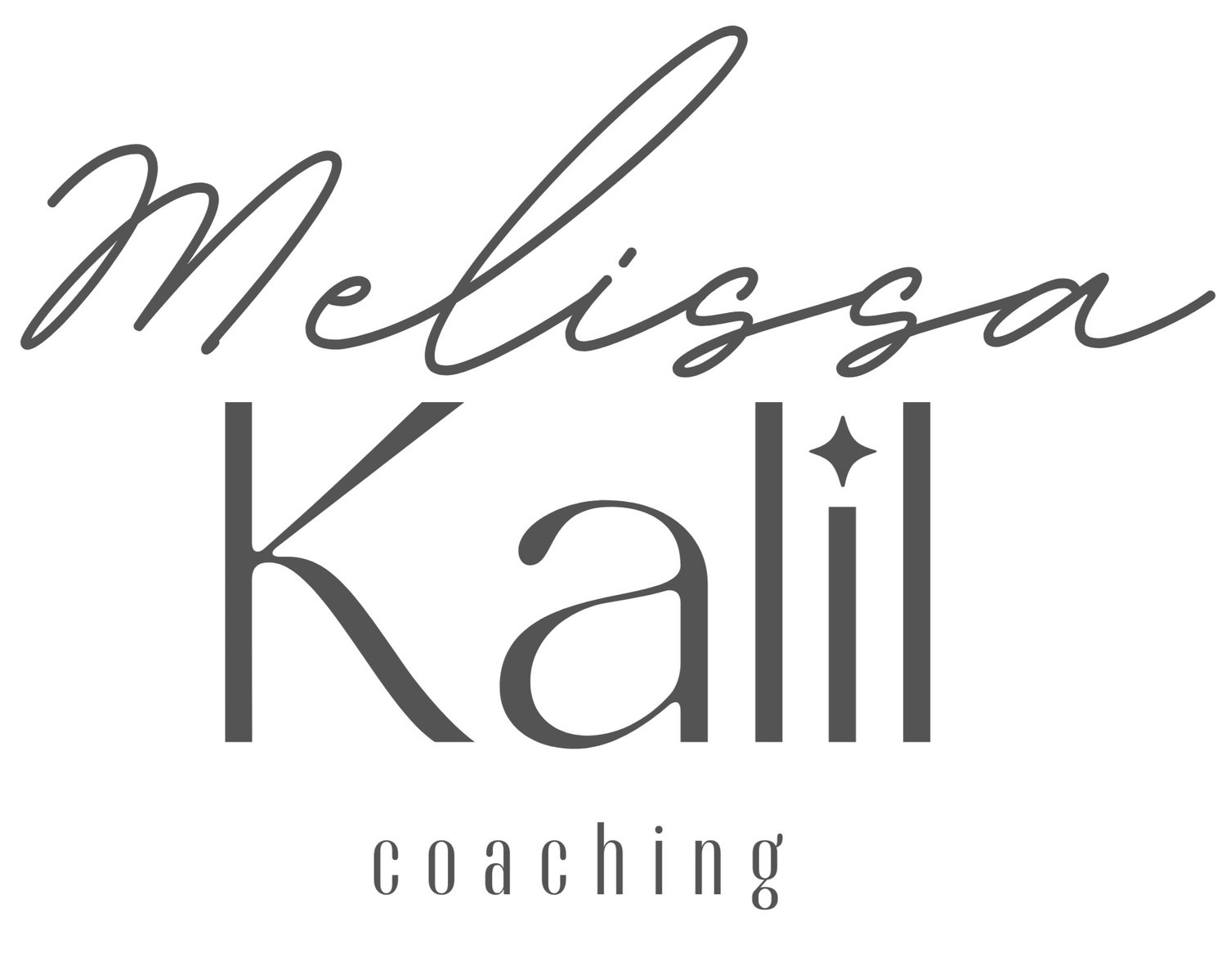A Divorced Parent’s Guide to the Holiday Blues
During the holidays 64% of people with a mental illness report a worsening of their conditions.[1] While this statistic applies to those with a diagnosed mental health condition, this time of year can be difficult for the general population with increased financial and family stressors, as well as societal pressure around what should be the most “wonderful time of the year.” This is especially true for divorced parents when the time between Thanksgiving and New Year’s means sharing children and splitting holidays with an ex-spouse. Memories of years past, indulging in thoughts of what you could, should or would be doing if they were with you are enough to justify burying your head under a pillow until after Valentine’s Day.
I was on the receiving end of this over Thanksgiving and have put together a list of antidotes that got me through what could have been some dark, lonely days. Some of these suggestions involve more passive action, while others involve getting off the couch and rolling up your sleeves. Whatever your remedy of choice, warding off, or at least reducing holiday loneliness may require a little planning but is possible.
Throw a “Foolsgiving”
This was the name I jokingly gave to a Friendsgiving I threw for some fellow lonely hearts. We poked fun at our single, lonely, and divorced status but had a great time, nonetheless. A twist on the usual Thanksgiving fare (truth be told I do not need an excuse to pass on Turkey, my least favorite of all poultry), I made a delicious roast and various other non-traditional dishes. Before dinner each fool took a turn saying why they were grateful for their divorce and how it sparked growth within them.
Of course, this cannot replace a lifetime of traditions or being with your children or family, but why not inject humor and flare into the situation? You may just start a new tradition that is even better than the same-old.
Dare to Dream
Of all the tools in my coaching wheelhouse, guided visualization is perhaps my favorite. Do you often find yourself fixating on the worst-case scenario or all the things that could go wrong? This is known as “negativity bias” and you may be particularly at risk if you resent having to be alone over a time of year associated with togetherness. Thinking of problems, rather than solutions, makes it very challenging to make progress or take action. Why not use your down time to take an imaginative journey toward your dream life?
Previously a critic, I used to worry that this would cause depression and disappointment if life did not turn out exactly as planned, after all, as a divorced woman am I not the poster child for plans gone awry? But I now view visioning as an opportunity to give equal airtime to a happier, more uplifting outcome or future. After a few minutes of this practice, I have an extra bounce in my step and feel motivated to take massive action. That seems like a productive use of time to me.
Learn a new skill
The online marketing space is abuzz with ways to promote and grow your business. As an entrepreneur it seems like there is no end to social media platforms and their very complicated and constantly in flux algorithms. I used some of my child-free time this Thanksgiving to get up to speed on a good Pinterest strategy and even played around with some pins. I may have four followers, but at least I up leveled my digital marketing skills and now sound very informed when I use the verb “pinning.”
Learning a new skill can change brain chemistry for the better as myelin becomes denser which improves overall learning and can even stave off dementia. [2] I, for one, find it easier to think of time alone as an opportunity to make improvements and learn something new which has a long-lasting positive impact no matter your age.
Organize while listening to podcasts
In one research study, levels of the stress hormone cortisol were higher in mothers whose home environment was cluttered.[3] I was not surprised when reading these findings, clutter makes me feel stressed, anxious and depressed. Clearing clutter in my home is like playing a game of whack-a-mole, if you have children, you understand and there is no need to say more.
There is nothing more therapeutic to me than tackling the latest disaster area while listening to my favorite self-help podcast. As I methodically get to work purging and color coding, I get a free dose of coaching and therapy and, in those few short hours, the house feels orderly and clean before the next onslaught.
Put yourself in the other parents’ shoes
When all else fails remember that your coparent will be in your shoes sooner rather than later. Rather than indulging in schadenfreude, this is as good an opportunity as any to foster empathy for someone you would not typically have warm, fuzzy feelings toward. My advice to you is to really remember this next time there is a dispute around parenting time and your natural inclination is to be inflexible. At the end of the day, the children benefit when both parents can work their issues out collaboratively.
If you have symptoms of depression, none of these suggestions can take the place of seeking help from a mental health professional. On a good day, we are all just doing what we can to live a happy life true to our full potential. The holidays don’t have to derail this. With a little creativity and foresight, this time of year need not equate to doom and gloom for divorced parents that find themselves separated from their children.
[1] https://www.nami.org/Press-Media/Press-Releases/2014/Mental-health-and-the-holiday-blues
[2] https://www.inc.com/brian-wong/how-learning-a-new-skill-helps-your-mind-grow-stronger.html
[3] https://pubmed.ncbi.nlm.nih.gov/19934011/

